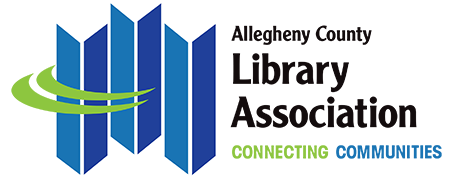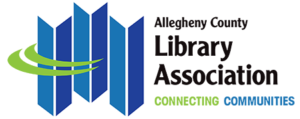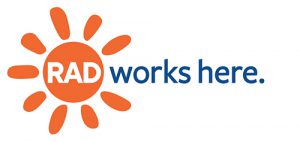 Earlier this year, ACLA received a 3-year grant from the Institute of Museum & Library Services (IMLS) for the “Librarians as STEM Educators” project. Our partner is ASSET, Inc., a nationally recognized provider of STEM training for teachers. ASSET staff are essentially translating what they’ve learned from working with teachers for librarians. Thirty participants – youth services staff from 28 library locations in Allegheny County – are learning STEM teaching methods and are already adapting their programming to be more inquiry-based.
Earlier this year, ACLA received a 3-year grant from the Institute of Museum & Library Services (IMLS) for the “Librarians as STEM Educators” project. Our partner is ASSET, Inc., a nationally recognized provider of STEM training for teachers. ASSET staff are essentially translating what they’ve learned from working with teachers for librarians. Thirty participants – youth services staff from 28 library locations in Allegheny County – are learning STEM teaching methods and are already adapting their programming to be more inquiry-based.
The first professional development session in September was an Introduction to Inquiry – because inquiry is really the foundation of all STEM learning. Hands-on experiments are used to introduce students to the skills of observing, questioning, investigating, interpreting, communicating, and predicting. With these skills, students “develop an understanding of the natural world, driven by observations and questions, formulating and communicating explanations based on evidence.” (For more information, see the National Science Education Standards.) Children’s library staff participants reported changing their approach to storytimes – no longer worrying about the number of books read, but instead giving children time to ask questions and explore ideas. ASSET’s training approach involves library staff in doing the same hands-on activities that children would be asked to do. So while learning, they’re having lots of fun!



For example, during the second session, “Engineering: Go Green Racers,” the group learned about the engineering design process and how to teach it to children. To introduce the concept that engineers are people who use science, math, and creativity to solve problems, the students are given a hands-on activity called “Tower Power.” Working in groups of 4-6, the project participants experienced the activity just as students would. Each group was given 100 index cards and one foot of tape to create a tower 10” high. Most important, the tower had to be able to hold a dinosaur beanie bag. Each group developed a plan for their tower and had 15 minutes to build it.
If a group’s engineered tower didn’t pass the test, there was no talk of “failure,” only encouragement to assess how the tower could be made stronger. Groups who made towers that could hold the weight talked about their planning process and why they thought their design was successful.
The library staff participants have three more sessions with ASSET instructors before they work at integrating the inquiry process into their 2015 summer reading programs. The project also includes later sessions that will look at ways of communicating and sharing resources among participants to foster ongoing learning.


